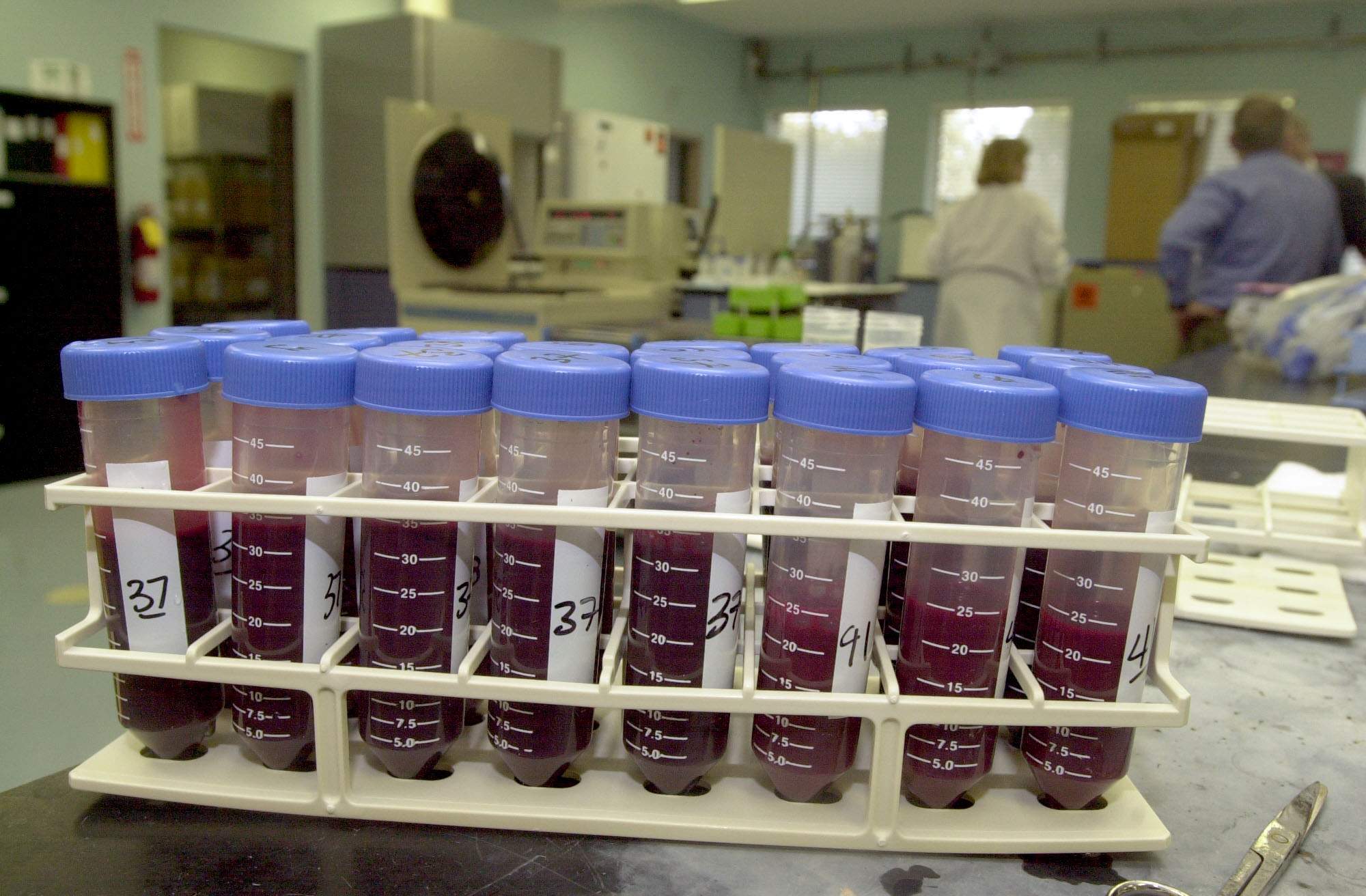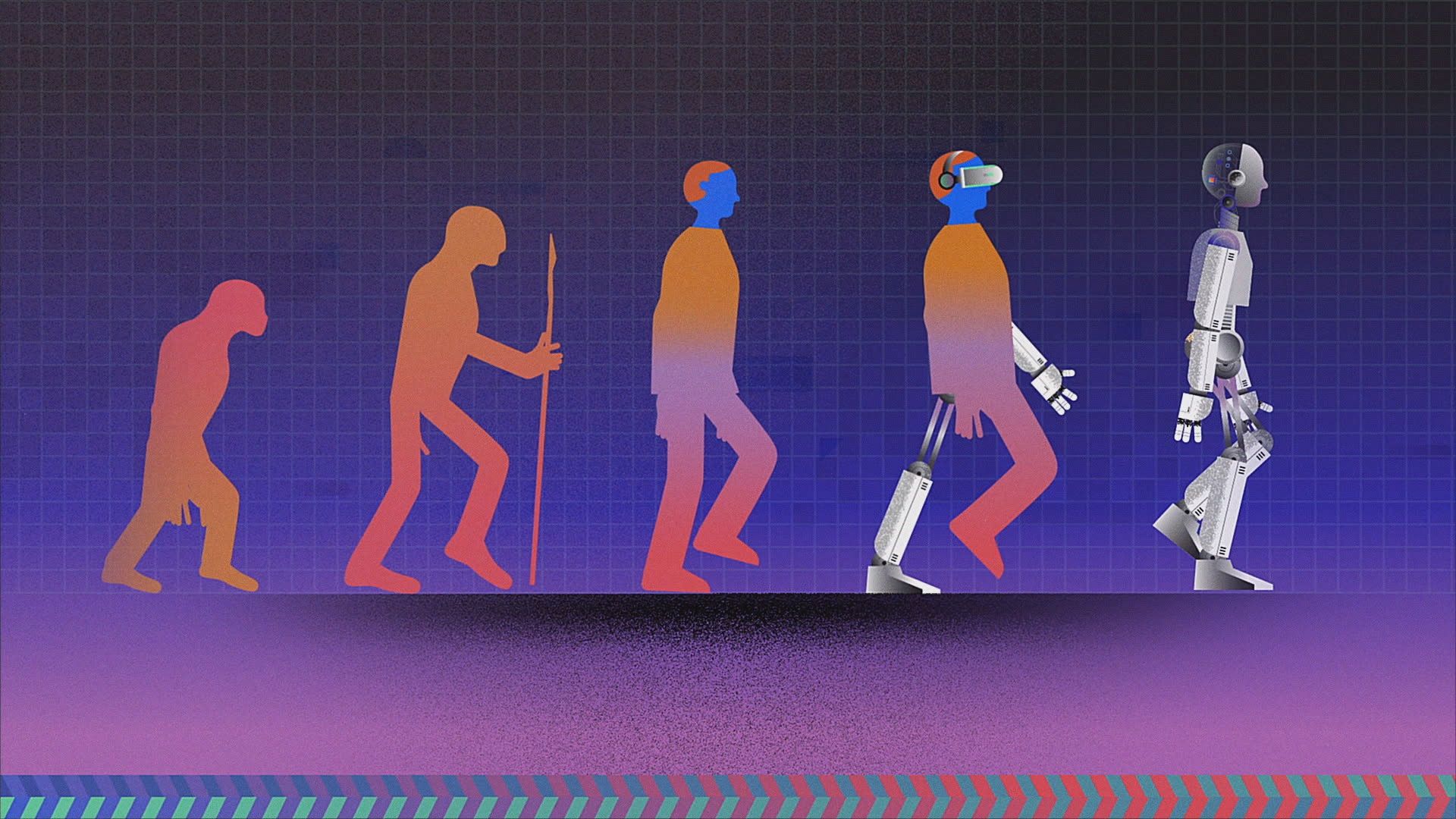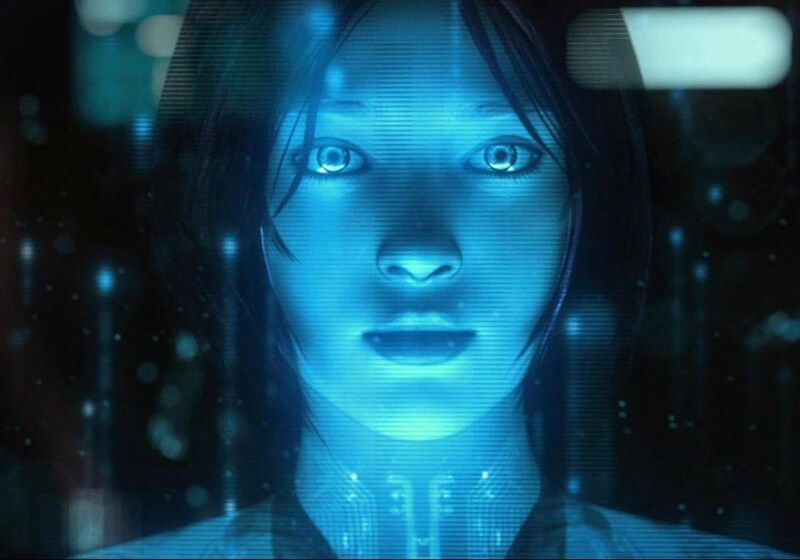I will be 85 somewhere in the mid 2050s. It seems like a mirage, an impossible thing, but the future eventually arrives regardless of whatever you or I might think about it. We all have a vision of what it is to be 85 today, informed by our interactions with elder family members, if nothing else. People at that age are greatly impacted by aging. They falter, their minds are often slowed. They are physically weak, in need of aid. Perhaps that is why we find it hard to put ourselves into that position; it isn’t a pleasant topic to think about. Four decades out into the future may as well be a science fiction novel, a far away land, a tale told to children, for all the influence it has on our present considerations. There is no weight to it.
When I am 85, there will have been next to no senescent cells in my body for going on thirty years. I bear only a small fraction of the inflammatory burden of older people of past generations. I paid for the products of companies descended from Oisin Biotechnologies and Unity Biotechnology, every few years wiping away the accumulation of senescent cells, each new approach more effective than the last. Eventually, I took one of the permanent gene therapy options, made possible by biochemical discrimination between short-term beneficial senescence and long-term harmful senescence, and then there was little need for ongoing treatments. Artificial DNA machinery floats in every cell, a backup for the normal mechanisms of apoptosis, triggered by lingering senescence.
When I am 85, the senolytic DNA machinery will be far from the only addition to my cells. I underwent a half dozen gene therapies over the years. I picked the most useful of the many more that were available, starting once the price fell into the affordable-but-painful range, after the initial frenzy of high-cost treatments subsided into business as usual. My cholesterol transport system is enhanced to attack atherosclerotic lesions, my muscle maintenance and neurogenesis operate at levels far above what was once a normal range for my age, and my mitochondria are both enhanced in operation and well-protected against damage by additional copies of mitochondrial genes backed up elsewhere in the cell. Some of these additions were rendered moot by later advances in medicine, but they get the job done.







